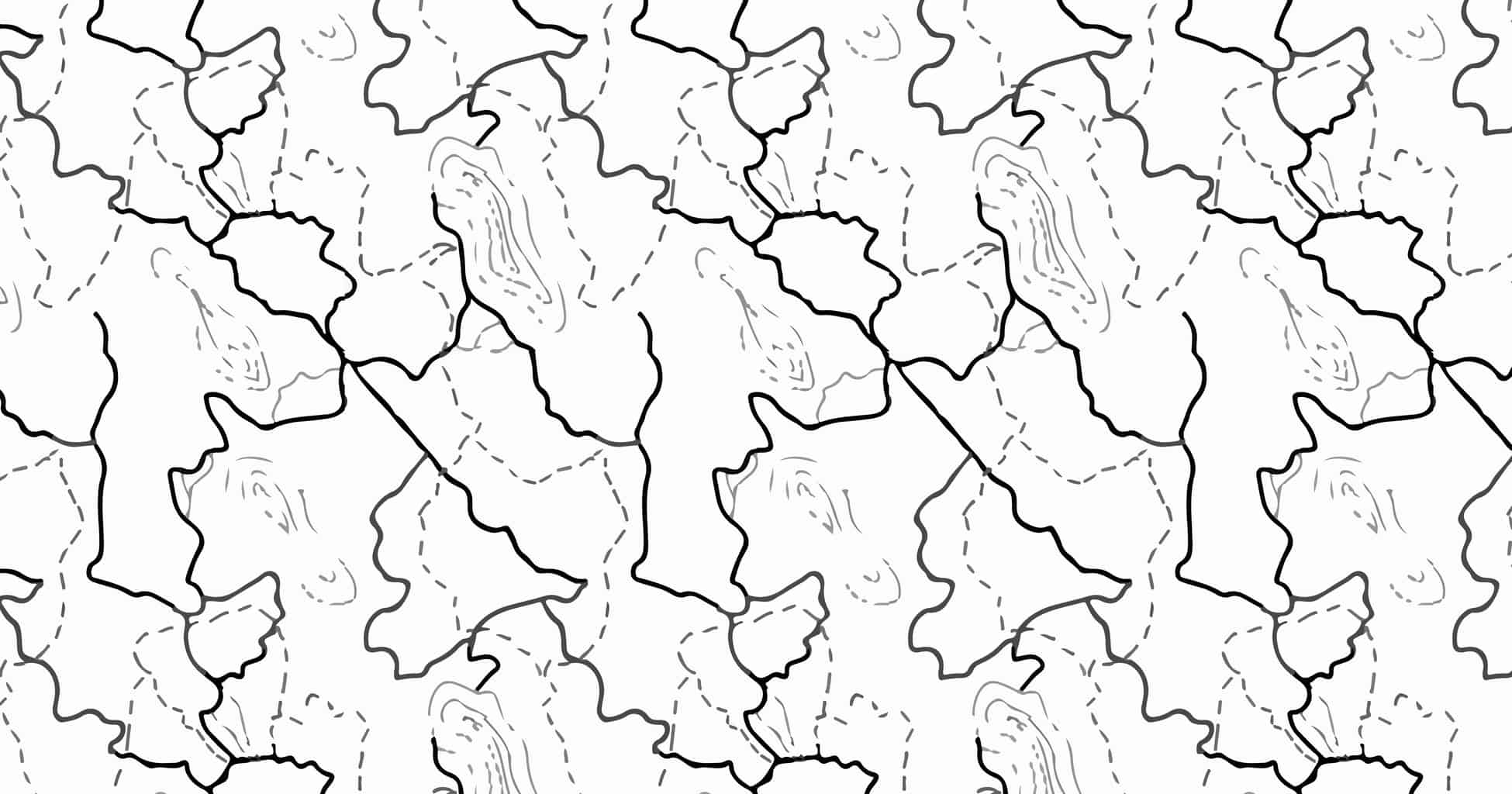Syria & Golan Heights
Syria & Golan Heights
Since 2011, Syria has been on the United Nations Security Council’s agenda, when President Assad’s aggressive actions against pro-democracy protesters during the Arab Spring became more frequent and increasingly violent, leading to civil war and terrorist violence within the country.
Insecurity is the primary concern for women, yet in spite of their limited operating environment, women activists have organized nonviolent protests, distributed and monitored humanitarian aid, documented human rights violations, created safe spaces for women and children, and worked at the local level to set up ceasefires, prisoner releases, and elections.
Based on the work of NGOWG members and their partners, the NGOWG advocates for ensuring women’s needs— such as secure access to sanitation facilities and hygiene, and health assistance— are adequately addressed, and that Syrian women are equally and meaningfully participating in the UN-facilitated political process and in the design and implementation of ceasefire monitoring mechanisms.
Golan Heights
Golan Heights, a disputed plateau in south-western Syria, is home to an equal number of Syrians and Jewish settlers, and since 1973, United Nations Disengagement Observer Force (UNDOF) peacekeepers have observed a contested territorial line between Israel and Golan Heights.
In the current Syrian conflict, Golan Heights has become a key strategic geopolitical position, causing an escalation in violence and increased violations of the ceasefire territorial agreements. Recent advances and attacks by the Islamic State of Iraq and the Levant (ISIL) have concerned residents of Golan Heights— particularly given ISIL’s systematic denial of women’s rights and perpetuation of violations against women.
Based on the work of NGOWG members and their partners, the NGOWG advocates for addressing the increasing gender imbalance in UNDOF by deploying a higher percentage of women, and inclusion of gender-specific language in the UNDOF mandate.
Current and Past Recommendations to the UN Security Council (Monthly Action Points)
Nearly 600 people have been reported killed and more than 2,000 injured since mid-February in air and ground-based strikes in Eastern Ghouta. There is an urgent need to end the ongoing violence, including in particular those committed using weapons prohibited by IHL. Since 11 March, over 50,000 have left Eastern Ghouta to IDP camps in rural Damascus and 167,000 people have left Afrin for camps in northern Aleppo; there is particular concern for the protection of women and children in these locations. The Security Council should put pressure on all parties to implement the provisions of resolution 2401 (2018), particularly the demand for a 30 day “humanitarian pause.” In future action taken by the Council on the situation, the particular concerns of women and girls living in the besieged area must be emphasized. it is imperative that gender is mainstreamed across humanitarian efforts and women have access to the full range of medical, legal and psychosocial services (S/RES/2242 (2015), OP 16). Council members facilitating the Astana peace process must ensure women’s full and meaningful participation in the negotiations and operation of the de-escalation zones. They must also exert pressure to discourage warring parties from adopting a militaristic approach to the issue of detainees and those who were forcibly disappeared, and instead address as a humanitarian emergency. Ahead of April’s Brussels aid conference on Supporting Syria and the Region, to be co-chaired by the UN, women from Syrian civil society should be supported to participate meaningfully in preparatory discussions, and further, gender considerations should be reflected in the design and outcomes of the conference (S/RES/2242 (2015), OP 1).
Relevant Resources







